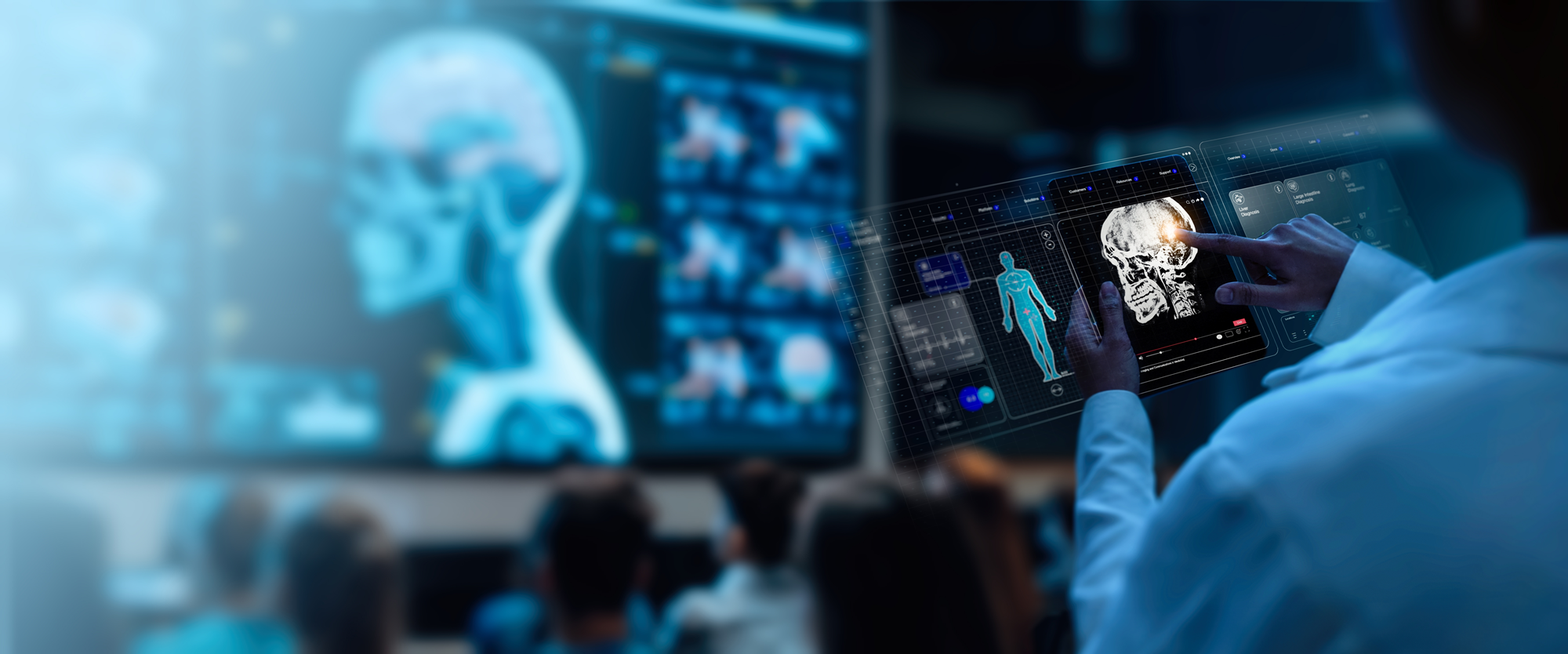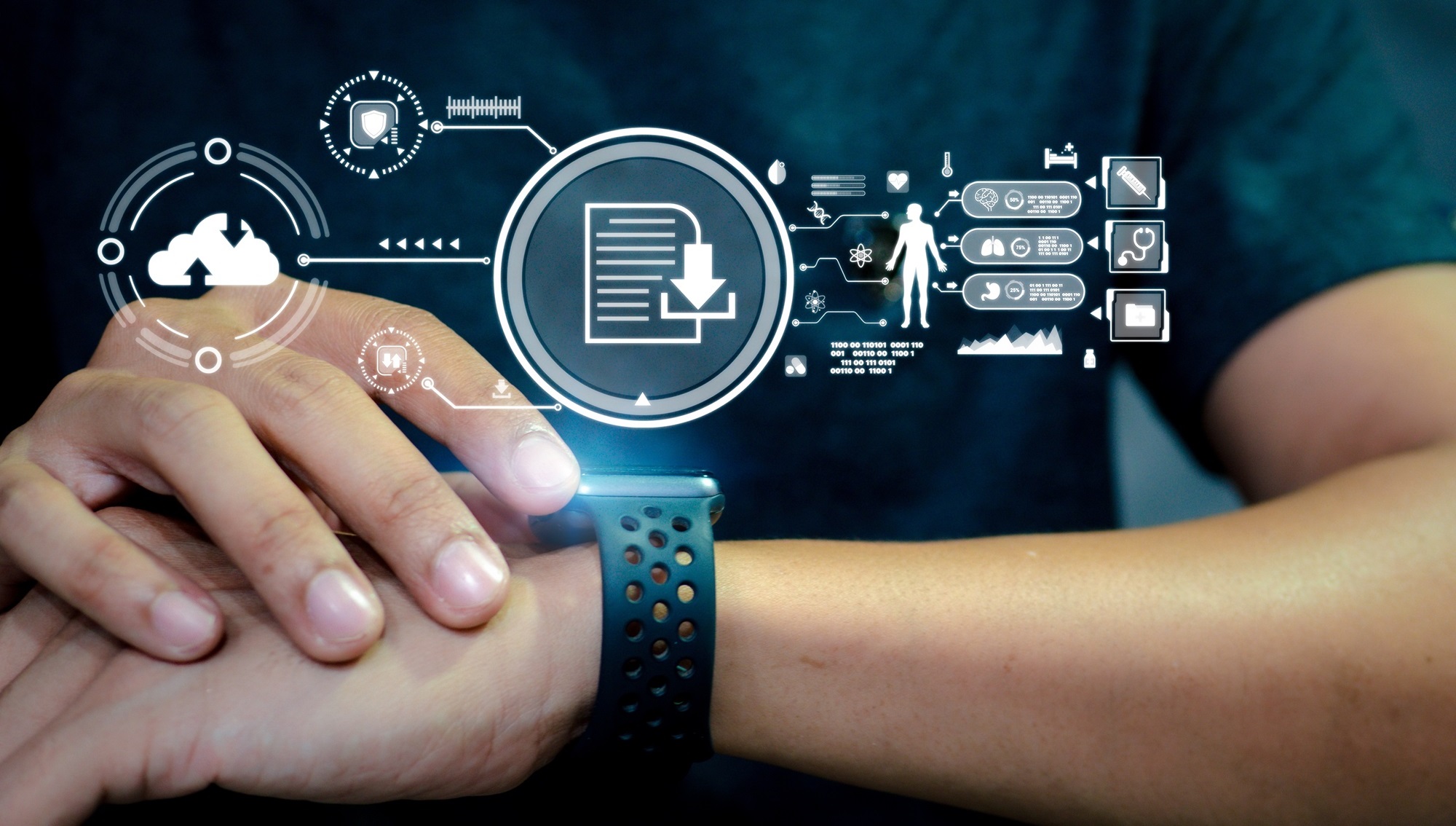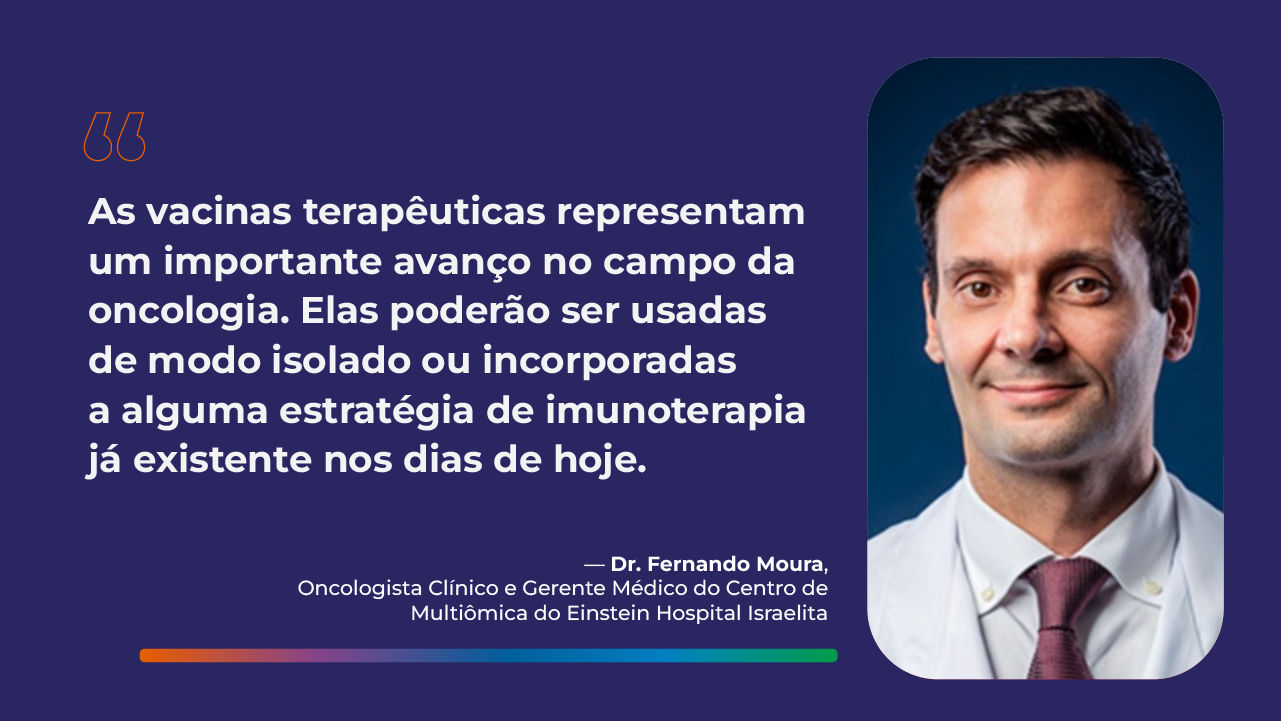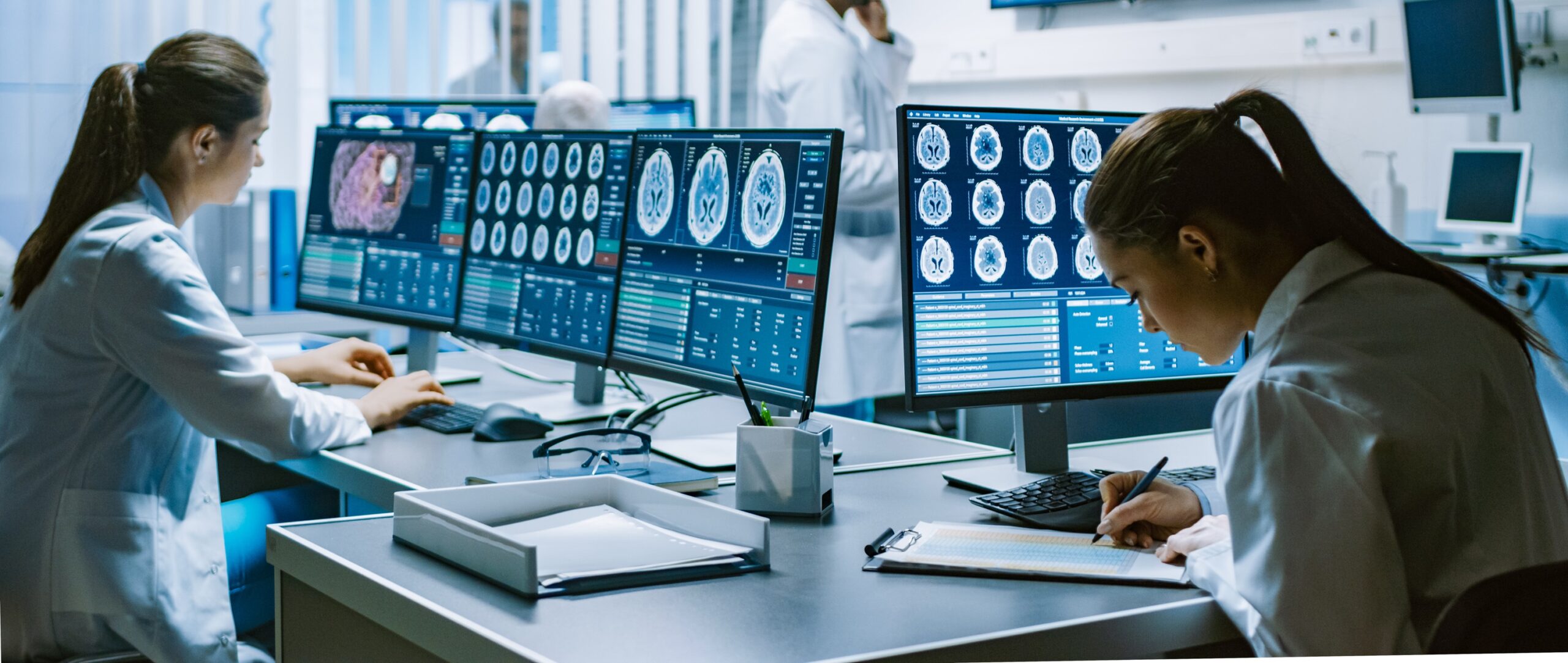Artificial Intelligence in Teleradiology: Advances, benefits, and ethical considerations
20/05/2025
The growing demand for imaging exams, combined with the shortage of radiologists in various regions of the world, has driven the consolidation of teleradiology as an essential component of healthcare systems. In this context, artificial intelligence emerges as a promising tool to enhance diagnostic efficiency and reduce operational bottlenecks.
According to the latest reports from the OECD (Health at a Glance, 2023) and the Royal College of Radiologists (Clinical Radiology UK Workforce Census, 2023), the number of imaging exams – such as computed tomography scans and magnetic resonance imaging – has significantly increased between 2012 and 2021 in various countries, with some cases seeing increases of over 100%, as in South Korea. In contrast, the number of radiologists has not kept pace with this growth. In the United Kingdom, for example, there is currently a 30% deficit of clinical radiology consultants, equivalent to around 1,960 professionals. This discrepancy between demand and workforce has led to diagnostic delays, overburdened professionals, and clinical risks associated with critical conditions that are not detected in time.
Applications of AI in Teleradiology
In the context of teleradiology, AI has been primarily applied in three areas:
- Exam prioritization: By automatically classifying cases by severity, AI can reorder diagnostic queues, ensuring that more critical findings are evaluated more quickly, contributing to reduced time-to-diagnosis in emergencies.
- Automated detection of critical findings: Algorithms are capable of identifying signs of intracranial hemorrhages, fractures, lung nodules, pneumothorax, among others, with sensitivity levels comparable to human radiologists in various studies (Arbabshirani et al., 2018; McKinney et al., 2020 – Lancet).
- Standardization and clinical decision support: AI-based systems can also suggest structured descriptions for reports, point out inconsistencies, or reinforce relevant findings, supporting the quality and safety of medical practice.
Orchestration and integration
Despite the advancements, one of the main challenges is the efficient integration of AI into existing clinical workflows. Isolated solutions, even if precise, tend to have low adoption unless they are seamlessly integrated into systems like PACS, RIS, and remote reporting platforms. To address this, AI orchestration platforms have emerged, enabling the integration of multiple algorithms, auditing their performance, and ensuring interoperability across different hospital or teleradiology environments.
This approach also allows for more robust governance of the applied models, with continuous validation mechanisms, version updates, and control over diagnostic responsibility – an essential aspect to maintain ethical and regulatory compliance.
Ethical and Regulatory Considerations
The adoption of AI in teleradiology also brings regulatory and ethical challenges. The FDA and ANVISA have already initiated registration processes for machine learning-based solutions, but regulation is still evolving more slowly than innovation. Additionally, the use of AI requires continuous clinical validation, algorithm transparency, and attention to data bias, especially in diverse population contexts. Artificial intelligence does not replace the radiologist; it extends their reach. It is the professional’s responsibility to coordinate, validate, and ensure the quality of the AI-assisted diagnostic process. The literature is clear in indicating that the best results come from the hybrid model – machine + human (Topol, 2019 – Deep Medicine).
A practical example
CARPL.ai, a solution developed in India, which serves as a marketplace for AI algorithms in radiology, was supported by Eretz.bio to pilot its tool at the Hospital Israelita Albert Einstein. This tool allows for the orchestration of multiple AI algorithms focused on radiology, with direct integration into the clinical environment and radiologists’ workflows.
Validating with Eretz.bio
Eretz.bio works on the clinical validation of health technologies developed by national and international startups, connecting innovation to real impact in patients’ lives. Its role is to support entrepreneurs and large companies in the process of incorporating these solutions into the market safely, with quality assurance, and in alignment with the requirements of the hospital environment and the healthcare sector as a whole.
To learn more about the new technologies validation office, visit: https://www.eretz.bio/en/tvo-2/




